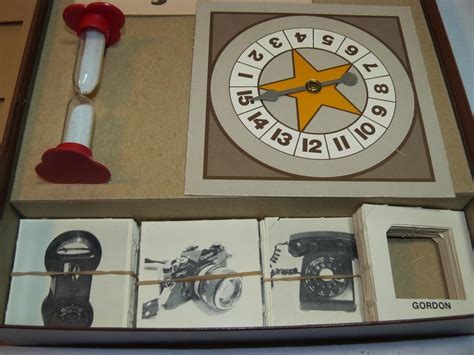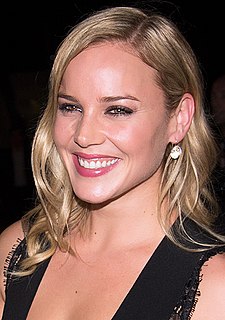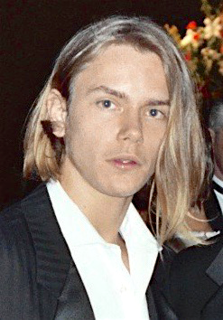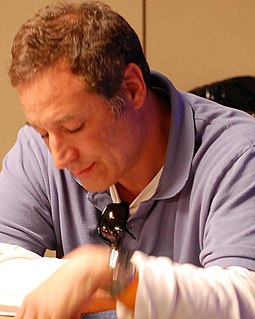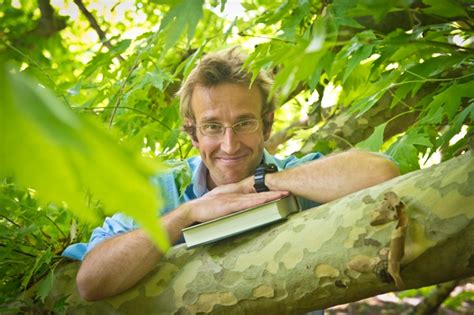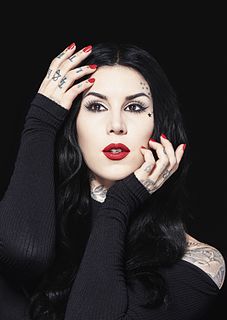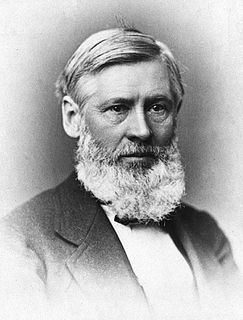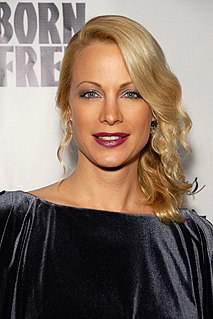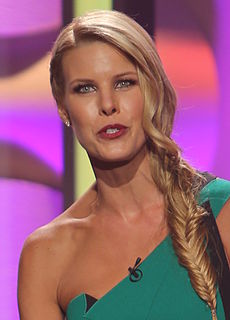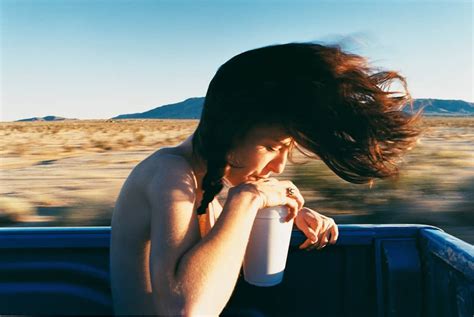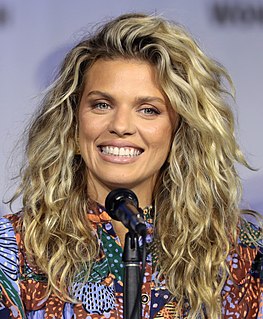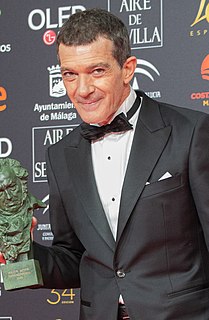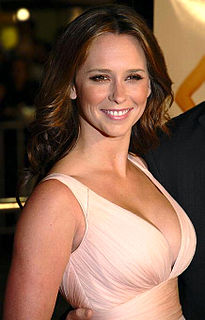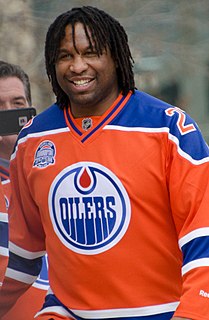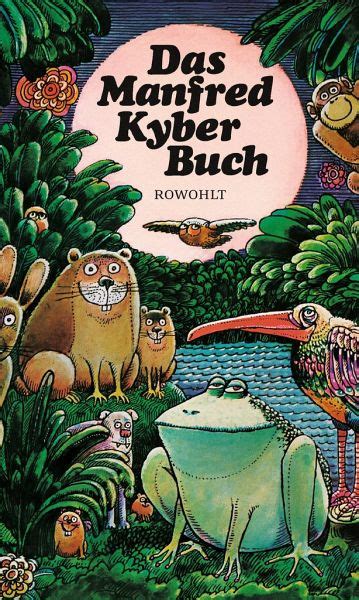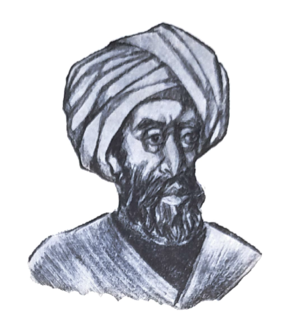Top 1200 Saving Animals Quotes & Sayings - Page 8
Explore popular Saving Animals quotes.
Last updated on October 18, 2024.
I'm a vegetarian and very much active in regards to how I feel about animal rights and protecting animals and giving animals a voice. But at the same time, I appreciate and respect other people's decisions to eat meat. The only thing that I hope is that people are educated, that they're aware, that they're living a conscious lifestyle.
The health of the planet is at stake, because the cruelty and the waste that accompanies the slaughter of billions of animals each year literally infects us all. We could consume healthy plant-based food produced at almost infinitely less cost. What does that say, really, about us and what we're doing... to animals and to ourselves?
We ought to consider the interests of animals because they have interests and it is unjustifiable to exclude them from the sphere of moral concern; to make this consideration depend on beneficial consequences for human beings is to accept the implication that the interests of animals do not warrant consideration for their own sakes.
The world of organisms, of animals and plants, is built up of individuals. I like to think, then, of natural history as the study of life at the level of the individual-of what plants and animals do, how they react to each other and their environment, how they are organized into larger groupings like populations and communities.
It must be stressed that there is nothing insulting about looking at people as animals. We are animals, after all. Homo sapiens is a species of primate, a biological phenomenon dominated by biological rules, like any other species. Human nature is no more than one particular kind of animal nature. Agreed, the human species is an extraordinary animal; but all other species are also extraordinary animals, each in their own way, and the scientific man-watcher can bring many fresh insights to the study of human affairs if he can retain this basic attitude of evolutionary humility.
We need an extreme movement because what is happening to animals is so extreme. Some misinformed people claim that animal rights activists are terrorists, but these people are simply ignorant of who the real terrorists are - the companies and industries that torture literally billions of animals each year.
At school, I'd refuse to take part in biology lessons when animals were being dissected. One time, the teacher announced that we would be gassing worms. So I ran around the room, gathered up all the worms and set them free in the fields. I just loved animals and couldn't bear the thought of them suffering.
Humans are animals and like all animals we leave tracks as we walk: signs of passage made in snow, sand, mud, grass, dew, earth or moss.... We easily forget that we are track-markers, through, because most of our journeys now occur on asphalt and concrete--and these are substances not easily impressed.
People are only animals, but special animals. Every animal has fought and killed to survive, even before the dinosaurs. We're the only ones that do it for fun. That's why I don't know about Darwinism. Supposedly evolution and natural selection are all about survival, but we haven't gotten smarter over the years, only more dangerous.
There is no point in developing anything at the cost of exploiting and abusing animals. Not only is it important for me to create a 100% cruelty-free brand but also send out a very clear message to both consumers and companies out there: testing on animals in the name of beauty is cruel and unnecessary.
The surprise of animals... in and out, cats and dogs and a milk goat and chickens and guinea hens, all taken for granted, as if man was intended to live on terms of friendly intercourse with the rest of creation instead of huddling in isolation on the fourteenth floor of an apartment house in a city where animals occurred behind bars in the zoo.
The point to be grasped from the saintly tradition is that to love animals is not sentimentality (as we know it) but true spirituality. Of course there can be vain, self-seeking loving, but to go (sometimes literally) out of our way to help animals, to expend effort to secure their protection and to feel with them their suffering and to be moved by it-these are surely signs of spiritual greatness.
In most countries, it is possible to visit zoos and see bored animals pacing back and forth in cages, with nothing to do but wait for the next meal. Circuses are even worse places for animals. Their living conditions are deplorable, especially in travelling circuses where cages have to be small so that they can go on the road.
The problem is that humans have victimized animals to such a degree, that they aren't even considered victims. They aren't even considered at all. They're nothing. They don't count, they don't matter, they're commodities like TV sets and cellphones. We've actually turned animals into inanimate objects - sandwiches and shoes. It is the greatest magic trick ever performed.
Saving Greenland is both a metaphor and a precondition for saving civilization. If its ice sheet melts, sea levels will rise 23 feet. Hundreds of coastal cities will be abandoned. The rice growing river deltas of Asia will be under water. There will be hundreds of millions of rising-sea refuges. The word that comes to mind is chaos. If we cannot mobilize to save the Greenland ice sheet; we probably cannot save civilization as we know it.
I have no affinity for animals. I don’t hate animals and I would never hurt an animal; I just don’t actively care about them. When a coworker shows me cute pictures of her dog, I struggle to respond correctly, like an autistic person who has been taught to recognize human emotions from flash cards. In short, I am the worst.
Cats are very independent animals. They're very sexy, if you want. Dogs are different. They're familiar. They're obedient. You call a cat, you go, 'Cat, come here.' He doesn't come to you unless you have something in your hand that he thinks might be food. They're very free animals, and I like that.
Attempts to defend amusement parks and circuses on the grounds that they 'educate' people about animals should not be taken seriously. Such enterprises are part of the commercial entertainment industry. The most important lesson they teach impressionable young minds is that it is acceptable to keep animals in captivity for human amusement.
The intelligence displayed by many dumb animals approaches so closely to human intelligence that it is a mystery. The animals see and hear and love and fear and suffer. They use their organs far more faithfully than many human beings use theirs. They manifest sympathy and tenderness toward their companions in suffering. Many animals show an affection for those who have charge of them, far superior to the affection shown by some of the human race. They form attachments for man which are not broken without great suffering to them.
Animals have their tragic and their comic side, and resemble us in many ways. They, too, have their distinctions and individualities. Many people believe that there is a huge gap separating them from the animals, but it is only really a step in the Wheel of Life, for we are all children of the One. To understand a fellow creature, we must regard him as a brother.
Scientists have been saying, for an awfully long time, that we're all interconnected. Scientists would use the word 'ecosystem' to express that idea. Obviously, people can't survive without air and water, and we rely on plants and animals for food, and plants and animals rely on us to preserve their habitats.
Who taught me that animals were put on this Earth for food? Who taught me to disrespect animals and view them as mere commodities? Who stole my compassion, my empathy and my conscience? Who lied to me? Who instilled this vicious mindset of human-to-animal exploitation as standard operating procedure?
My own experience of over 60 years in biomedical research amply demonstrated that without the use of animals and of human beings, it would have been impossible to acquire the important knowledge needed to prevent much suffering and premature death not only among humans but also among [other] animals.
Animals are everything to me. I always say, 'Who rescued who?' with my horse Belle. She is my greatest teacher. She teaches me to be grounded, present, and in the moment, which I feel is key to happiness. My panic attacks become nonexistent when spending time with my animals, especially out in nature.
Animals engage in a struggle for existence; for resources, to avoid being eaten and to breed. Environmental factors influence organisms to develop new characteristics to ensure survival, thus transforming into new species. Animals that survive to breed can pass on their successful characteristics to offspring.
Swine flu is not an anomaly. We know that swine flu - like the vast majority of new outbreaks - comes from animals. We should be monitoring those animals and the humans that come into contact with them, so we can catch these viruses early, before they infect major cities and spread throughout the world.
It is an indication of the extent to which people are now isolated from the animals they eat that children brought up on storybooks that lead them to think of a farm as a place where animals wander around freely in idyllic conditions might be able to live out their entire lives without ever being forced to revise this rosy image.




